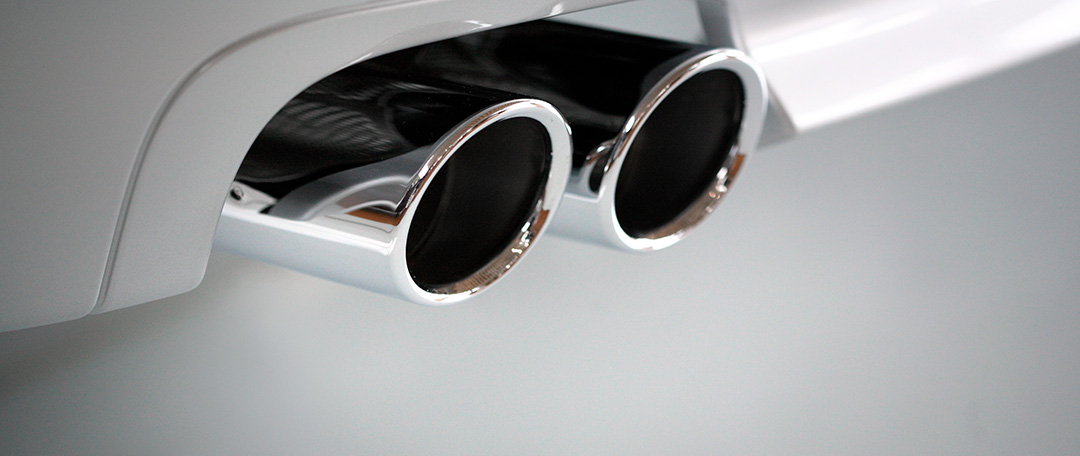A set of bio-fuel ether facilities have been recertified as meeting European requirements, underlining the suitability of these fuel ethers as a means of ensuring cleaner-running engines.
LyondellBasell’s bio-ETBE plants and SABIC’s bio-MTBE facilities have both been recertified and will continue to create bio-ethers as a key contribution to meeting the EU’s renewable and fuel quality objectives.
Ethyl-tert-butyl ether (ETBE) and methyl-tert-butyl ether (MTBE) boost the octane and oxygen levels of fuel, reducing the number of toxic exhaust emissions from combustion engines.
Bio-ethers such as ETBE and MTBE reduce the formation of smog by producing fewer volatile organic compounds
ETBE is created using bioethanol, which is distilled from wheat, sugar beet and other food crops. It is currently used in about half of the bioethanol blended into petrol in Europe. Bio-MTBE is created from bio-methanol, which could qualify under the EU’s Renewable Energy Directive as ‘advanced’ and can be both a first- or second-generation biofuel, depending on the feedstock used.
In comparison with ethanol blended fuels, bio-ethers reduce smog formation by producing fewer volatile organic compounds (VOCs), while also emitting around 38% less CO2 across their lifecycle.
The increasing use of bio-ethers can increase the environmentally-friendly security of supply in Europe, while improving air quality and providing cleaner energy for road transport.
